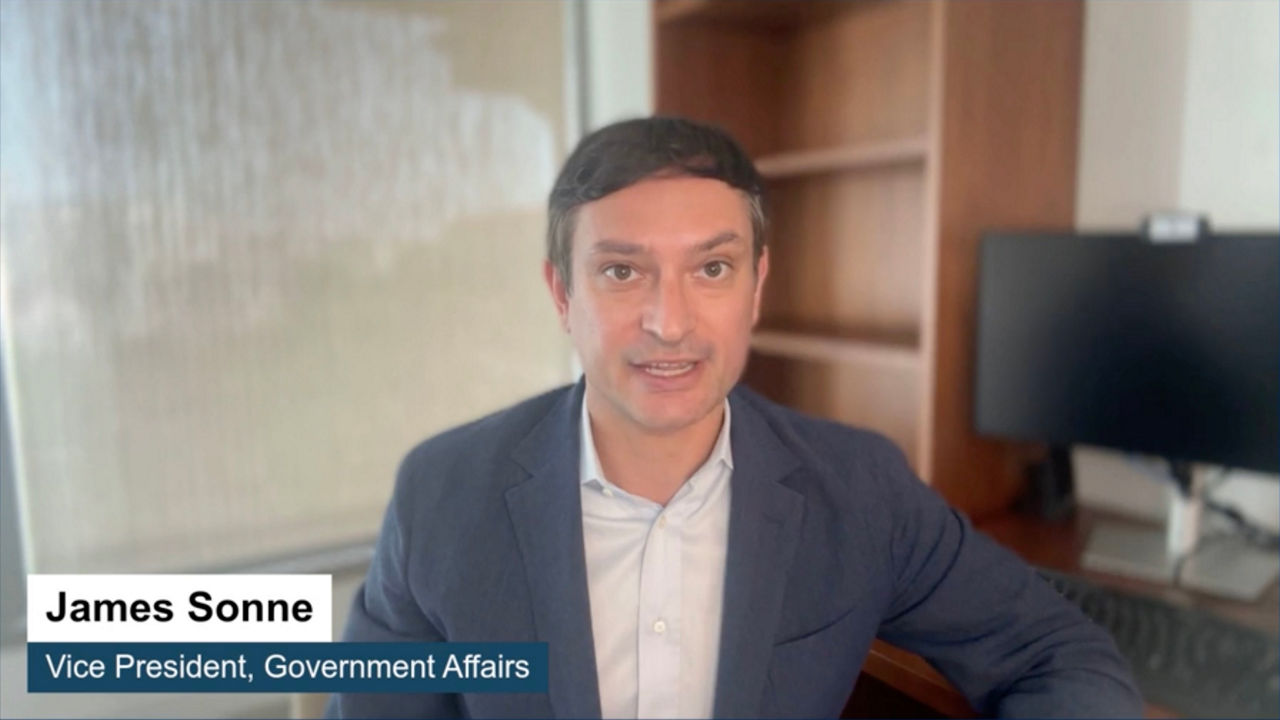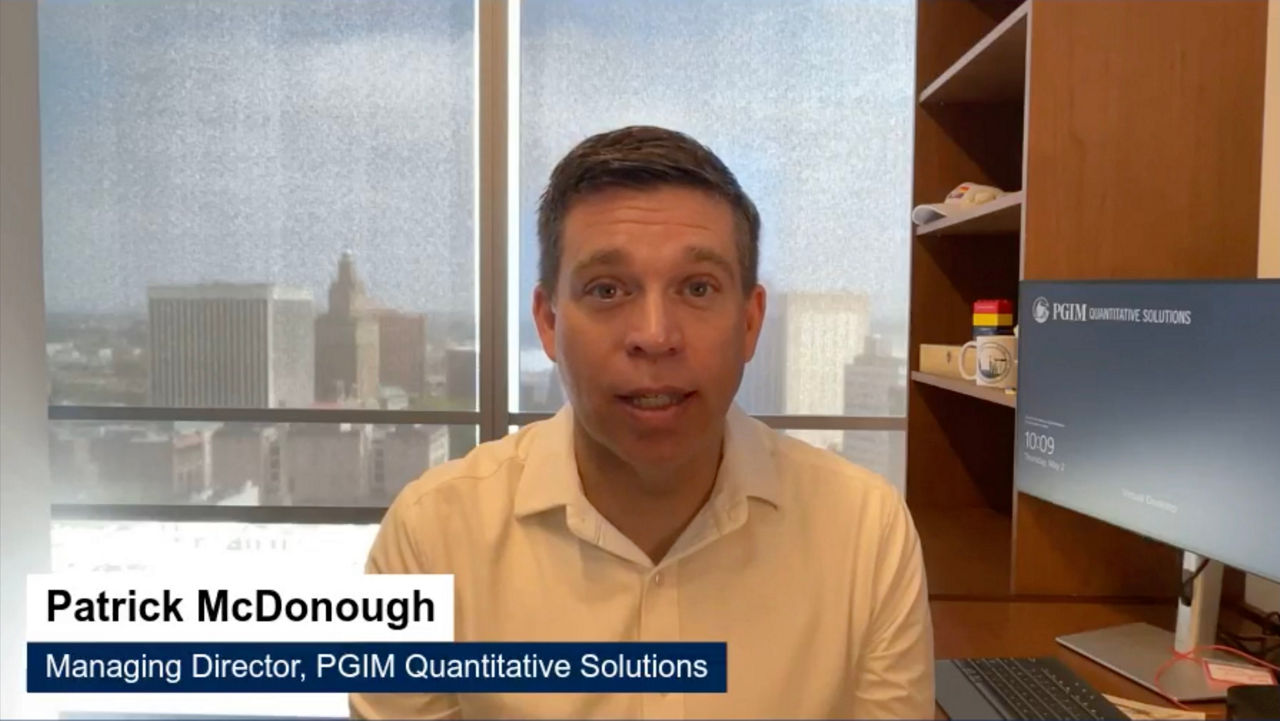An escalation of hostility in the Middle East has led to increased geopolitical nervousness and heightened risk of further economic volatility. As we watch developments closely following Iran's strikes in Israel, our experts give a short perspective on the outlook for oil, commodities and inflation risk, as well as a geopolitical temperature check.
Read the Transcript
Magdalena Polan, Head of Emerging Market Macroeconomic Research, PGIM Fixed Income:
It of course matters from a geopolitical perspective, adding to concerns about stability, peace and conflict. But it also matters for markets for more practical reasons. Oil being produced in the region is still a very important commodity, and any disruption to either production or the shipping routes would put upward pressure on inflation, which was just reduced closer to targets after the Covid shock, and would also then potentially restrict supplies, especially to countries in Europe and Asia, which still very much rely on imported energy. It also adds to uncertainty over the support of Western countries for Ukraine as their attention shifts somewhere else. And that, of course, matters a lot for countries in Europe, especially in the region, but for the whole of Europe overall.
For emerging markets especially, events like this add to risk perception and EM assets tend not to fare as well in the events of geopolitical risk. Oil prices, of course, go up. We also have seen gold prices going up, but also volatility in the major markets measured by various indices can go up and with that also the so called flight to safety, which tends to benefit US Dollar, US Treasuries and developed market assets in general at the expense of emerging market assets. These sell offs can be short lasting, of course. But yet another item in our geopolitical risk agenda definitely adds to these concerns, adding to a potentially more disruptive and negative, or at least worrying, scenario for emerging markets and global markets in general.
Mehill Marku, Lead Geopolitical Analyst, PGIM Fixed Income:
Should this conflict expand to include other countries or include the Middle East, then this will be an important development, a development that most likely will lead to disruptions in the flow of oil to global markets, something that no major player in the Middle East wants to happen. United States and China do not want to see higher prices of oil. Russia and Saudi Arabia want to see the flow of oil continue to Asian markets, and Iran obviously would not like to see re-enforcement of the sanctions against its oil. They are very interested in continuing to send roughly 1.5 million of oil to China. Such disruptions would also affect the expectation of inflation in terms of impacting central bank action. Most likely I can see central banks waiting to see how developments play out on the ground before taking any further action. And finally, I would say that gold most likely will continue to climb as the best hedge, both against inflation expectations as well as a hedge against further deterioration of the situation in the Middle East.
-
Debt-Ceiling Negotiations Down to the WirePGIM Head of Government Affairs James Sonne provides an update on the latest developments in Washington with the debt-ceiling deadline approaching.
Read More
-
Higher Rates Present Overlooked Opportunities in Micro CapsPatrick McDonough, Portfolio Manager for PGIM Quantitative Solutions, discusses how investors can capture micro-cap opportunities emerging from market volatilit
Read More
-
Investing in Sports Across Public and Private MarketsShehriyar Antia, Head of Thematic Research at PGIM, discusses how sports investors can tap into a broad set of opportunities across public & private markets.
Read More



